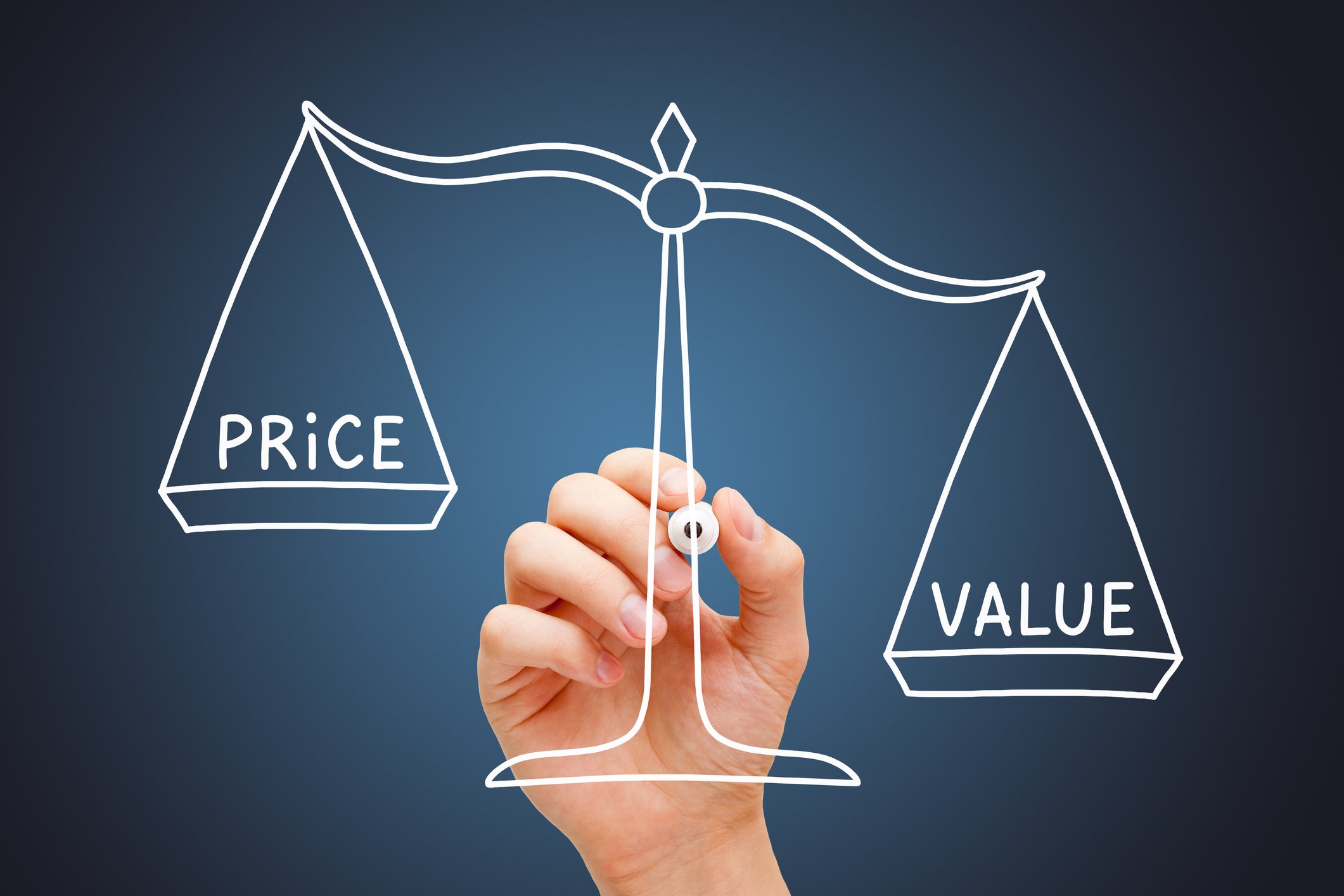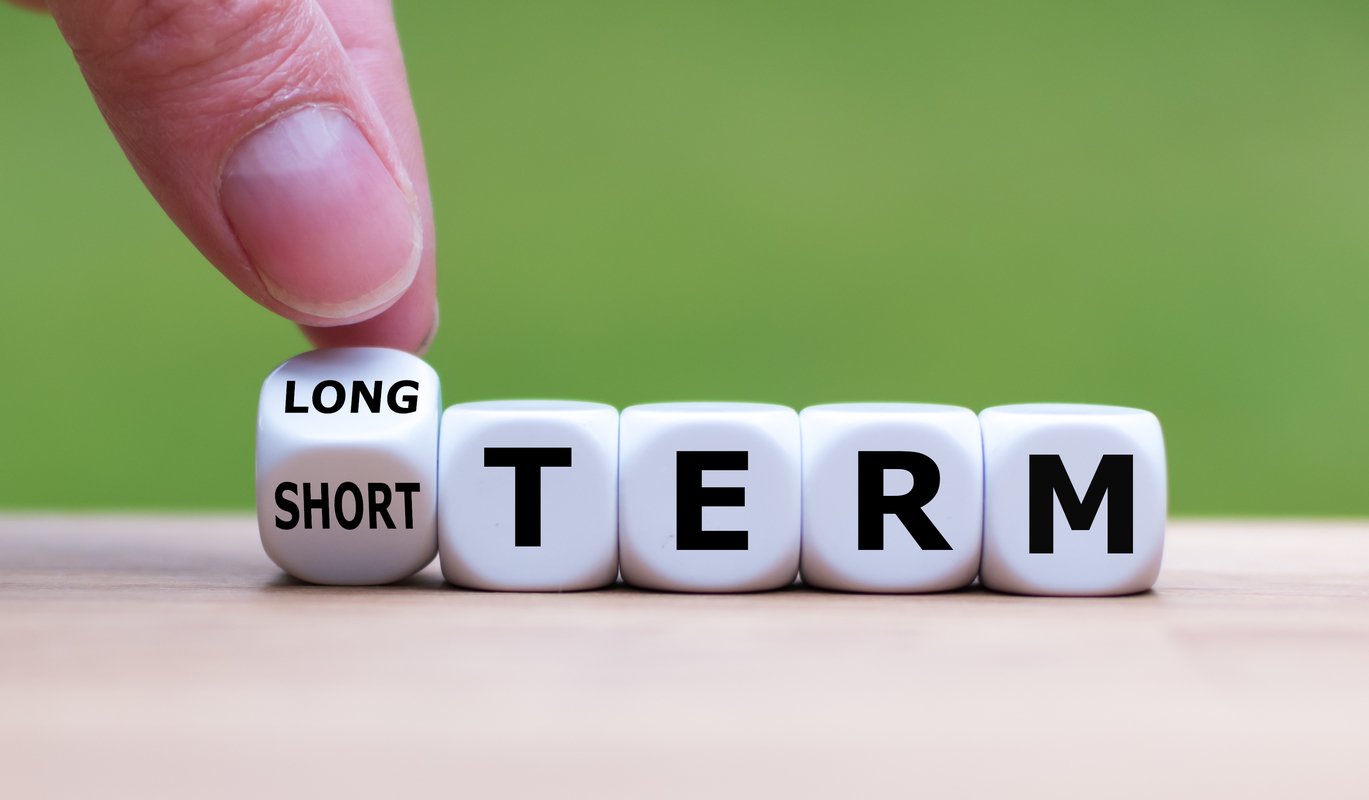Check out the latest Bristol-Myers Squibb and Celgene earnings call transcripts.
2019 has started off with a bang in the biopharmaceutical industry. On Thursday, Bristol-Myers Squibb (BMY +1.28%) announced that it planned to acquire Celgene (CELG +0.00%) in a deal valued at $74 billion.
Celgene shares understandably jumped on the news. The biotech stock plunged nearly 40% in 2018 and was in desperate need of a catalyst. However, Bristol-Myers Squibb (BMS) stock sold off, no doubt in part because the pharma company will have to take on a lot of additional debt to fund the transaction.
But I think Celgene shareholders should be even more skeptical about the proposed acquisition than BMS investors are. Here's why this is a bad deal for Celgene.

Image source: Getty Images.
Celgene is worth more
Let's first examine the specifics of the proposed transaction. BMS intends to pay each Celgene shareholder $50 in cash and give them one Bristol-Myers Squibb share. That values Celgene stock at $102.43 per share based on the closing price of BMS on Jan. 2, 2019. The main reason why this is a bad deal for Celgene is that the biotech is simply worth more than that.
The proposed price tag translates to Celgene trading at less than 10 times expected earnings. That's cheap no matter how you look at it. In fact, only five biotechs other than Celgene currently have a forward earnings multiple below 10. Celgene's board of directors wants to sell the company at a bargain-basement price lower than nearly every other biotech on the market. That's ridiculous.
Don't just believe me, though. The board of directors itself has essentially acknowledged that a price tag of $102.43 for Celgene is too low. How? By its previous actions. During the first nine months of 2017, Celgene's board of directors approved share repurchases totaling $925 million. Celgene's share price was well above $102.43 during this entire period.
Granted, this was before the company's pipeline setback with Crohn's disease candidate GED-0301. However, Celgene kept on buying back shares during the fourth quarter of 2017 after the clinical failure for GED-0301 -- another $3 billion of stock repurchased in total during the quarter, with most of the buybacks coming after the bad news. And Celgene's share price was above the proposed BMS price tag during most of this period.
So Celgene's board kept on happily buying back the company's shares at prices higher than what BMS is now offering. The only significant thing that has negatively changed for Celgene's business prospects since then is the botched regulatory filing for ozanimod. However, the drug should still win approval even after its delay.
Either Celgene's board was making a mistake by buying back shares at too-high prices in the past or the board is now trying to sell the company at a too-low price. I think it's clearly the latter scenario.
Ozanimod, liso-cel, and bb2121 are worth more
There's one other part of Bristol-Myers Squibb's offer, though, that sweetens the deal a little. Celgene shareholders will also receive one contingent value right (CVR) share which will entitle the holder to receive a payment for the achievement of future regulatory milestones.
BMS will pay Celgene shareholders $9 in cash if the FDA approves ozanimod by Dec. 31, 2020; liso-cel (also known as JCAR017) by Dec. 31, 2020; and bb2121 by March 31, 2021. All three drugs must win FDA approval by the specified dates for the one-time payment to be made.
So how much is that really worth? Around $6.3 billion. But ozanimod, liso-cel, and bb2121 are worth a lot more than that.
Again, don't just believe me. Celgene itself has stated that it expects peak annual sales for ozanimod between $4 billion and $6 billion. The biotech has said in the past that it thinks liso-cel and bb2121 will each generate at least $2 billion annually.
Adding all of this up, Celgene's own projections call for the three drugs to rake in $8 billion per year on the low end. Over just five years, that amounts to $40 billion. And yet the company's board wants to allow BMS to pay shareholders the equivalent of $6.3 billion for the drugs.
The main argument in favor of the CVR aspect of the transaction is that Celgene shareholders will be able to participate in the success of these three drugs by holding on to the BMS stock that they receive as part of the deal. I still don't think the CVR "sweetener" is nearly enough, though.
Not a done deal
Don't get me wrong: I think there are some positives about an acquisition of Celgene by Bristol-Myers Squibb. I like the idea of combining the two companies' oncology and immunology franchises. I would expect the resulting business to generate solid growth over the long run.
But it's not over yet. Both Bristol-Myers Squibb shareholders and Celgene shareholders must vote on the transaction. The acquisition also has to receive regulatory approval.
I have owned Celgene stock for several years and have been a fan of the biotech even longer. I intend to vote my shares against this acquisition under the current terms. Admittedly, the transaction is likely to be approved. But that won't change the fact that this is simply not a good deal for Celgene.






